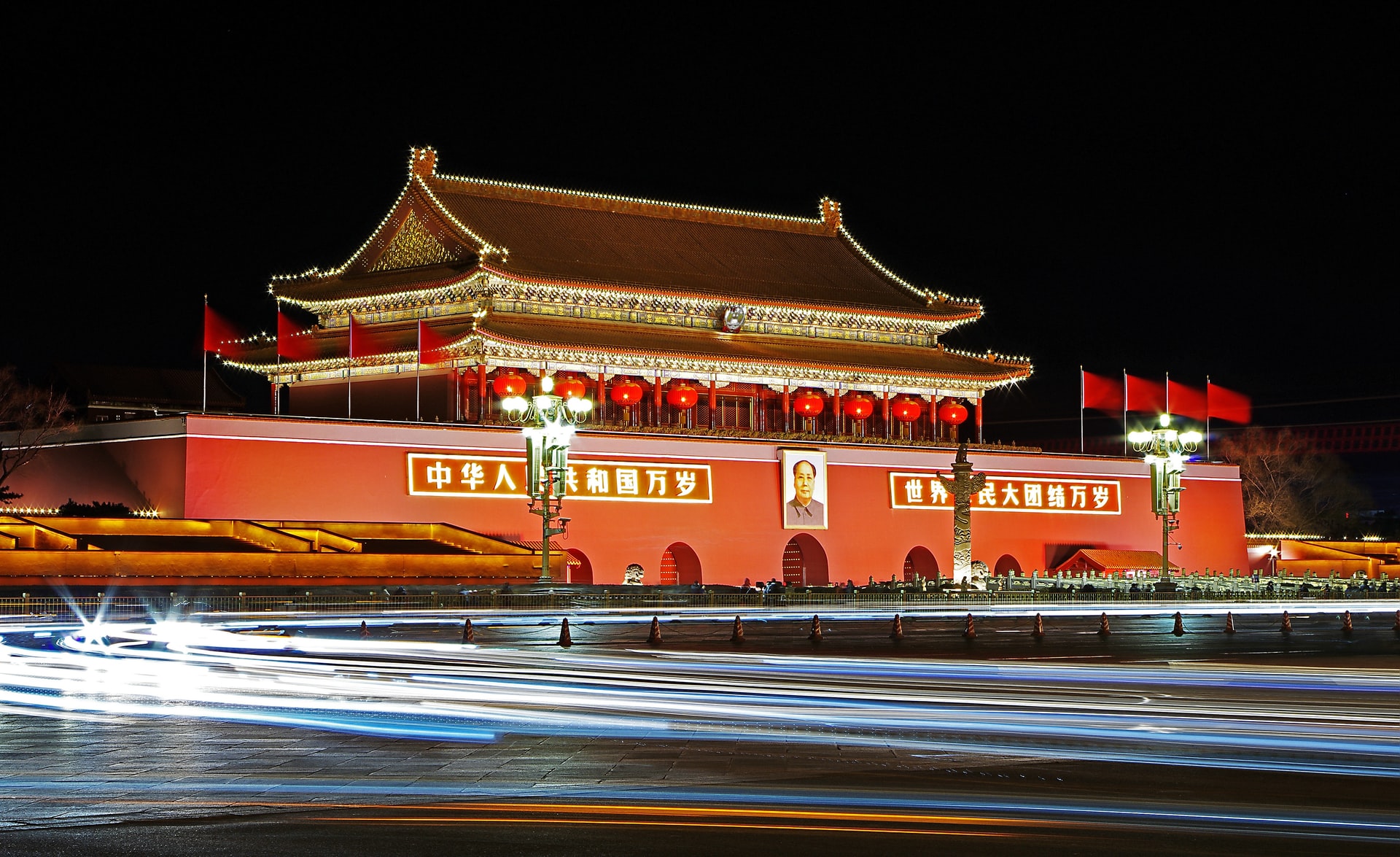China Sanctions Several Americans, Wilbur Ross Affected

Beijing announced on Friday 23rd July that it had imposed sanctions on key American nationals including Wilbur Ross, the former Commerce Secretary in President Trump’s administration. China’s move came as retaliation to America’s decision to sanction seven directors and deputy directors in Beijing’s Hong Kong liaison office. This is the first time Beijing has put its newly passed law on such action.
In addition to Ross, Beijing revealed that it was pursuing a tough course to target both current and former US officials. Other individuals in China’s target list include Carolyn Bartholomew, the US-China Economic and Security Review Commission Chairman; Jonathan Stivers, former staff director of the Congressional-Executive Commission on China; Adam Kind, an associate director at the International Republican Institute; DoYun Kim of the National Democratic Institute; and Sophie Richardson, director of the Human Rights Watch China.
The Statement From China on The Sanctions
A statement from Beijing indicated that the sanctions sought to counter the previous actions taken by the United States in Hong Kong terming them as a serious international law violation and in contrary to the basic norms of international relations. The statement also revealed that America’s actions had seriously interfered Beijing’s internal affairs.
China treats Hong Kong’s affairs as pure internal matters and any attempts made by external agencies to cause havoc in Hong Kong as a clear stumbling block. In retaliation, Jen Psaki, the White House press secretary indicated that President Joe Biden’s administration has remained strong and undeterred by China’s actions and will proceed to implement sanctions against Beijing.
Hong Kong has intensified its target against government critics following Beijing’s latest sanctions against the United States. At least five people affiliated to a therapists speech union were arrested on Thursday 22nd over illustrations in children’s books and faced the accusation of inciting people against the government.
The sanctions are the first after Beijing passed its anti-foreign sanctions legislation in June and came only a few days before Wendy Sherman, the U.S Deputy Secretary of State takes her diplomatic trip to China.
Here Is Why These China Sanctions on the US is Concerning
The reason why this Chinese imposed sanction is concerning is because it shows that China is flexing its political power at a time when the United States may not be at its strongest. Indeed, one might even think that the United States is at a weak point due to COVID-19 and the government reaction to it. The recent stimulus packages have helped China as it increased consumer demand for goods, which are typically made in China and then sold by various sellers in the United States.
This further troubling because we still have minimal clarity on the origins of the virus, on whether it did originate out of the Wuhan Institute of Virology or if it stemmed from other means. While stark evidence points to the fact that it did originate in a lab, various parties are obscuring information that would make it conclusively so. The origins of the virus is important as it lets individuals know if the origination incident was an accident or if it was a deliberate attack. If it was the latter, then China should pay reparations for that incident and ensure to suffer the consequences of its actions. If it was the latter, then that would mean that a whole host of lives were lost, globally, and others are currently being harmed, globally due to economic impoverishment.
China is showing that it has power and that it is not afraid of using its power to defend its interests or show that it merely can do so and create economic harm for relatively powerful individuals within the United States. It is also showing that it can play toe to toe with the United States. It is a troubling trend in a time where more central banks are trimming their dollar holdings and increasing their Chinese yuan holdings.
